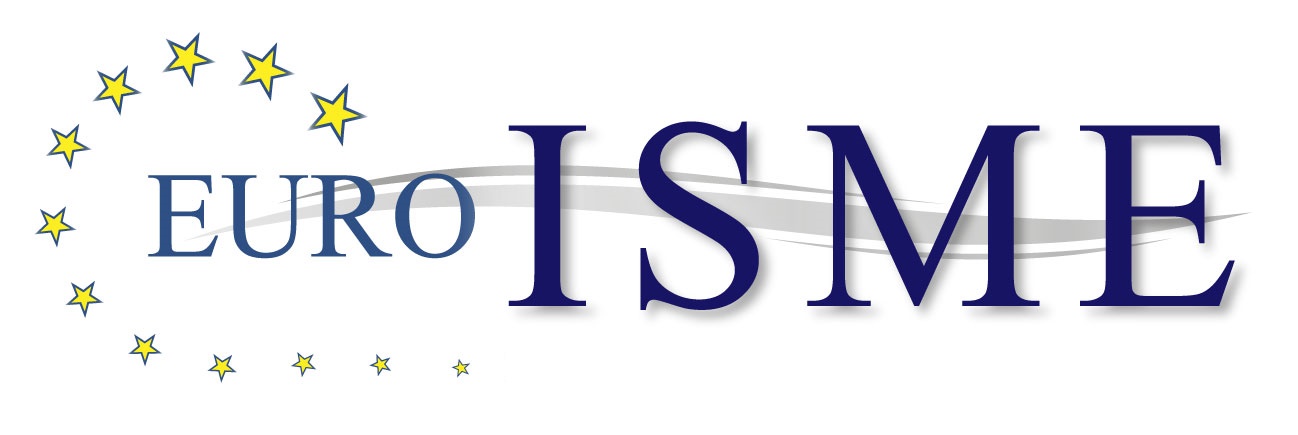War of Aggression – A New Reality?
By Prof. Dr. Thomas R. Elßner, Vice President, EuroISME
This post was also published in German language.
Federal Foreign Minister Anna-Lena Baerbock called out to the delegates at the emergency special session of the UN General Assembly in New York on March 1, 2022: "Today we are confronted with a new reality". She was referring to the war of aggression launched by the Russian President against Ukraine. That may be true from her point of view, but this new reality does not override existing international law. At the same time, this also applies to the foundations of a Catholic peace ethic, which the Protestant Church in Germany also shares in principle.
Dispute resolution has to take the primacy
The war of aggression against Ukraine clearly violates the United Nations Charter and thus International Law! Chapter VI, Article 33, paragraph one of the UNC states unequivocally: "The parties to a dispute, the continuation of which is such as to endanger the maintenance of international peace and security, shall first endeavor to settle it by negotiation, investigation, mediation, conciliation, arbitration, judicial decision, recourse to regional bodies or agreements, or other peaceful means of one’s own choice.”
The right of self-defense
However, should this not succeed, as is the case now, there are several ways to settle a dispute involving the UN Security Council. But Chapter VII, Article 51 is just as clear. It defines “in the event of an armed attack against a member of the United Nations (is) in no way impaired the inherent right of individual or collective self-defence”. . That means Ukraine is exercising its natural right to self-defense, using arms. The Catholic German bishops also underlined this at their recent general assembly in Vierzehnheiligen.

State law and ethical problem
Because it is undisputed that Ukraine can exercise its “right of self-defence, which is enshrined in international law and also affirmed by the church’s peace ethics” with regard to the war of aggression that violates international law, and this is “legitimate as a matter of principle”. A look at the corresponding official ecclesiastical statements "Just Peace" published in September 2000 (Catholic) number 152 and "Live from God's peace - ensure a just peace" (Protestant) from 2007 number 104 underlines this perspective. However, it seems incomprehensible that, despite all the understandable emotion, „ just war“ is being discussed again even in the ecclesian context.
If only briefly one follows the argumentation of the Russian President, he too could speak of a „just war“ from his perspective (bellum iustum ex utraque parte). This clearly shows the weakness of this doctrine of the „Just War“, which has become obsolete but is always happily revived.
It suffices to soberly assert from the perspective of peace ethics: Ukraine exercises its right of self-defence, which is enshrined in international law, and combats legitimately and in accordance with international law.
Soldiers in a dilemma
Last but not least, a chink could be noticed in some German-language Bible translations of the Ten Commandments: instead of “You shall not murder” (Ex 20.13 / Deut 5.17) it is written “You shall not kill”. This is also the case in the revised standard translation from 2016. Due to his status as a soldier, a soldier is entitled to make legitimate use of his weapon in the event of a defensive act. The fact that he can kill lives is an evil, but it is covered by international law. Soldiers speak here of the "sharp end of their profession". A completely different and thorny question is whether and how the people in Ukraine, who are exposed to the military superiority of the Russian army, could be actively helped militarily. The bishop's word "Just Peace" does not consider "emergency aid" to be completely excluded under certain conditions (No. 152).
What can Christians do? On the one hand trust in the intercessory power of prayer and on the other hand actively help refugees (No. 158). That's not little.
„(152) International law proscribes any war of aggression and obliges us to renounce violence. The only exception to the traditional interpretation is when a state defends itself against an external military attack and when a third party defends against the attacker (“emergency aid”). This is based on the conviction that a violent breach of international law must not simply be accepted either by the state attacked or by the international community. Anyone contemplating an attack needs to know that aggression doesn't pay for them. A distinction must be made between those cases in which the international community decides to intervene violently to help the vulnerable victims of serious and systematic violations of human rights within a state. Especially against the background of the UN actions in northern Iraq in 1991, in Somalia in 1992 and in Kosovo in 1999, the question of the legitimacy of such humanitarian interventions under international law is increasingly on the agenda."
A Just Peace / published by the secretariat of the German Bishops Conference 4. Aufl., Bonn 2013
